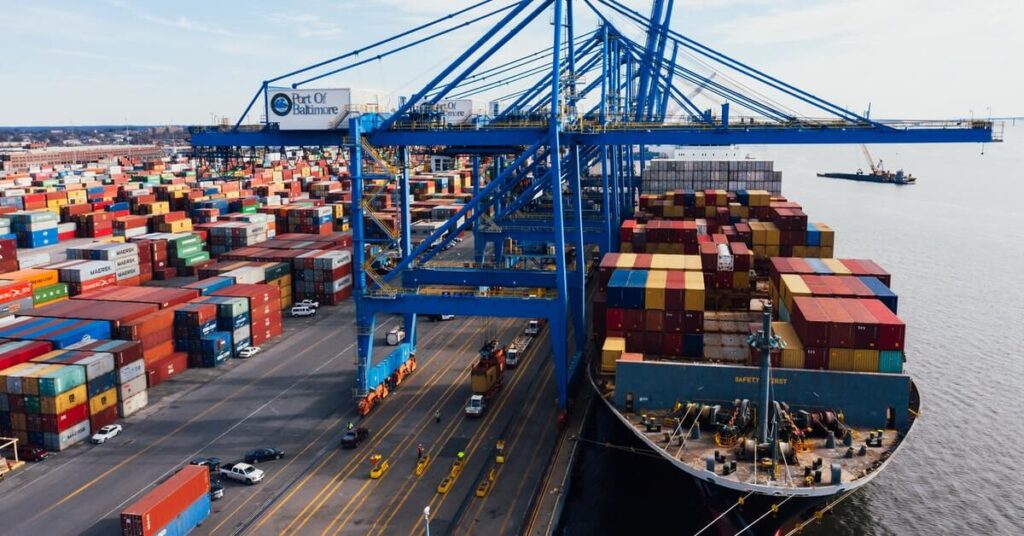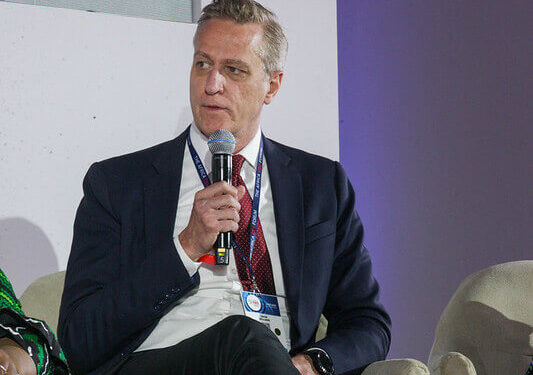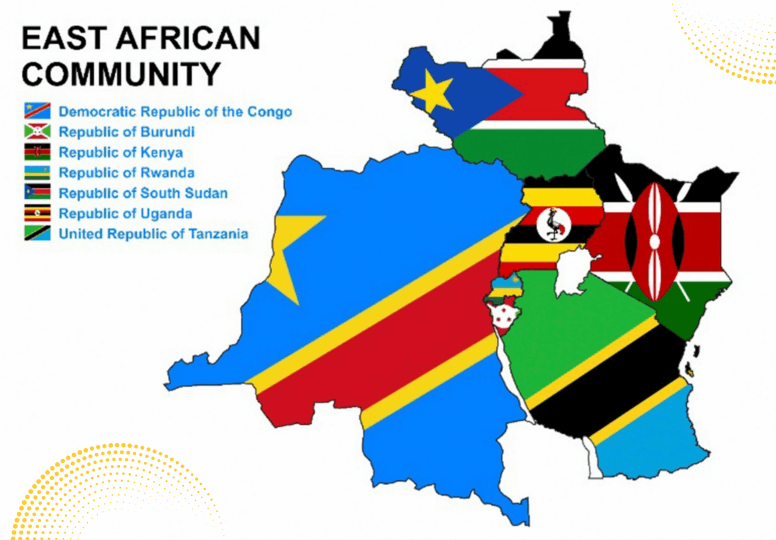Africa supply chains remain uncompetitive and cost-inefficient, writes David Williams, Africa Region Managing Director at Maerks. An end-to-end approach would help stabilize logistics prizes on the continent and support regional integration.

In an article published on March 26th this year by the Economist, it took an average of 251 hours (more than 10 days!) in 2017 to ensure paperwork was in order when importing goods into Sub-Saharan Africa, compared to only nine hours in OECD countries. Furthermore, the piece estimated that it costs $2,000 to ship a container from China to Beira, Mozambique, but a further $5,000 to ship it 500 kilometers inland to Malawi.
These, among other factors, continue to be major impediments to the realization of the African Continental Free Trade Area (AfCFTA), an agreement that the Economist believes can help Africa recover from the pandemic’s economic slump and become an inspiring outlier in a world where protectionist tendencies are rising.
In a world where digitalization and technology are combining to make doing business easier, participants in the logistics space are demanding more, and customers in various supply chain verticals have increasingly expressed a desire for more efficient and resilient supply chains that include predictability, agility, and flexibility, as well as accountability, including not having to deal with multiple suppliers along the supply chain.
Without a doubt, the old model, in which customers required a different supplier at each stage of the supply chain and where short-term cost optimization was the primary driver, is no longer the solution customers require. This onerous, unpredictable, and rigid system is out of date.
From our observation, more efficient and resilient supply chains can be achieved when a single provider controls and assumes responsibility for entire supply chains. This is the foundation for Maersk’s vision of becoming a logistics integrator underpinned by technology.
For starters, the current global supply chain crisis has emphasized the importance of the new business model, and customers expect real-time shipment visibility, frequent updates on market conditions, and proactive responses to potential challenges. Furthermore, during the pandemic, there has been a significant increase in interest and demand for digital solutions. The market dynamics are changing, and an increasing number of consumers are shopping online, necessitating the development of business-to-consumer supply chains.
There are three benefits that accrue to customers when they choose an end-to-end solution. First, customers have emphasized the importance of having a single point of contact. Being the only supplier along the entire customer supply chain allows us to fully understand their needs as a service provider. Second, integrated supply chains enable us to make clear and relevant delivery promises to customers, with guaranteed fulfilment and high predictability, allowing them to reduce inventory costs and better capture market opportunities. Third, it contributes to increased visibility and includes performance management tools, allowing customers to plan ahead of time and take timely mitigating actions.
The integrated end-to-end approach increases pricing and service stability without sacrificing any of the clear benefits of competition at all levels of the supply chain. This solution is made possible by our physical assets throughout the supply chain (hubs, vessels, and inland infrastructure) as well as our ability to develop technological solutions to connect supply and demand.
Maersk global network of terminals and warehouses allows us to add flexibility to our customers’ supply chains by prioritizing cargo to meet their needs. We can move their cargo from one location to another with greater flexibility, especially during current supply chain bottlenecks. But even as we adopt this model, we will continue to partner with local logistics providers to benefit from their local expertise, which we do not always have through subcontracting agreements.
It is also worth noting that the integrated logistics model is designed for all types of customers, whether they are large or small and medium-sized. Regardless of the size of the business opportunity, the priority is to close and honor long-term contracts that add value to customers. In the current situation, long-term contracts are largely shielding the customers from the high freight rates on the spot markets, thus creating value for them.
In our ongoing effort to make logistics more inclusive, we are specifically developing simple digital tools that allow SMEs to book directly with Maersk. Being a container logistics integrator and a single point of contact for a small or medium-sized customer also means they have only one point of contact when unexpected events require immediate action.
Overall, the integrator model helps to drive innovation and digitization in the logistics industry. We intend to continue using data and technology to drive automation and deliver integrated products and solutions at a faster, higher quality, and more competitive price by investing in digital tools and capabilities.
In conclusion, while this is a timely move that will go a long way toward addressing some of Africa’s logistics challenges, there is still a long and winding path for all of us to travel before all of the envisioned benefits, including the AfCFTA, are realized. However, white smoke is visible.
SOURCE: THE AFRICA CEO FORUM







